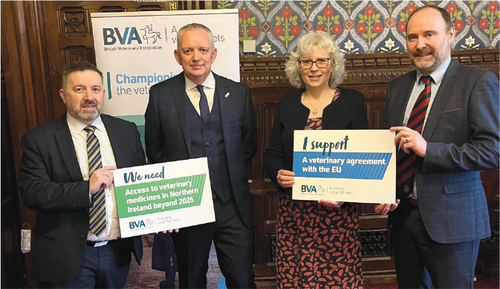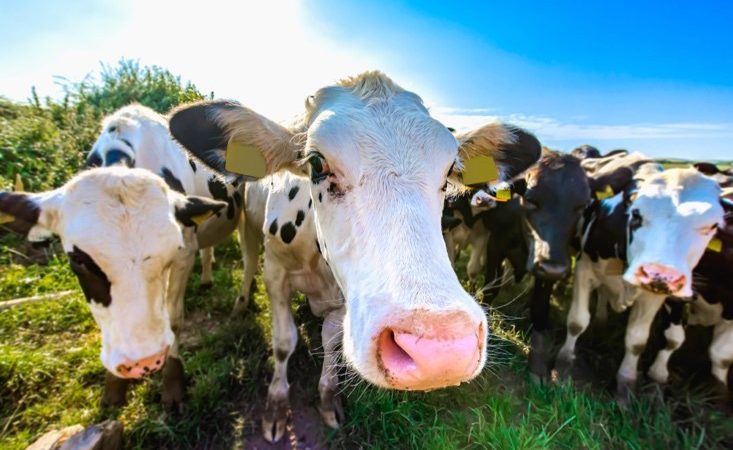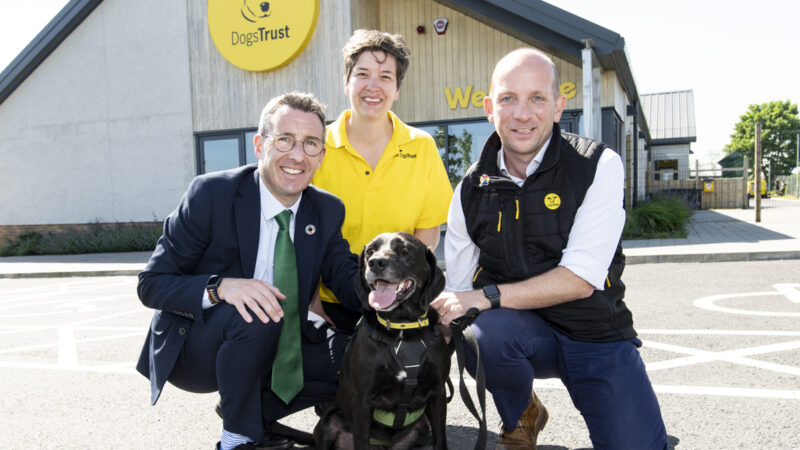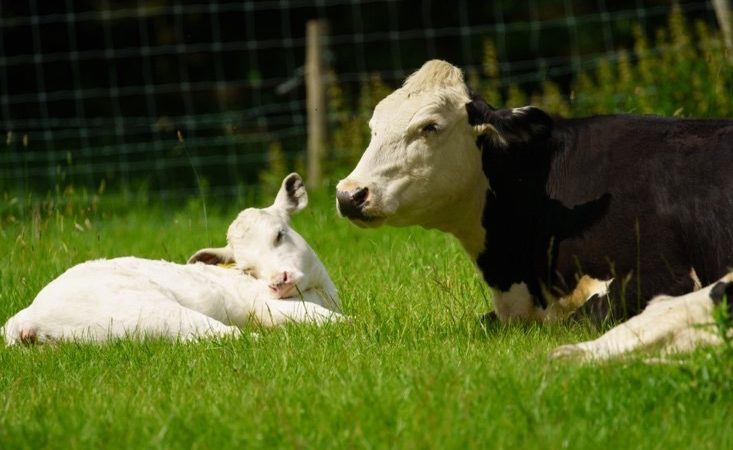Proposals for EU-UK vet agreement and vet medicines access in Northern Ireland

On 28th March, BVA's head of policy and public affairs Patricia Canedo introduced two new BVA policy positions.
THE first policy position outlined by Patricia Canedo in her paper published on the BVA website, considers what should be included in any EU-UK veterinary agreement, the other proposes solutions and mitigations to secure future access to veterinary medicines in Northern Ireland, something that is becoming increasingly urgent as the post-Brexit grace period extension concludes at the end of the year. She goes onto to outline the policy positions as follows:
‘Publication of these policy positions follows recent support from MPs: Robin Swann, who sponsored a BVA briefing in the House of Commons to talk about the issues (right); and Daniel Zeichner, minister of state at Defra, who reaffirmed the government’s manifesto commitment to an EU-UK veterinary agreement at BVA’s London dinner (see p 285).
‘It is critical the government gets the detail right to ensure success, and moves quickly to reduce pressure on the veterinary profession and improve animal health and welfare, disease surveillance and data sharing.
‘In the first policy position, we’ve proposed an EU-UK veterinary agreement based on the principle of dynamic alignment, where parties to a trade agreement maintain equivalent regulatory standards to each other, but with enough flexibility to diverge in legislation (the EU-Switzerland agreement follows this principle). As well as helping the UK maintain high standards of biosecurity and animal health and welfare it will also facilitate trade and reduce the pressure on the veterinary workforce. It is also the best long-term solution to resolve the issue of future access to veterinary medicines in Northern Ireland.
‘However, an EU-UK veterinary agreement is unlikely to be secured before the extended grace period comes to an end. Therefore, in the second policy position, we’ve proposed short-term solutions and mitigations to resolve the issue while the agreement negotiations continue. These include: rerouting medicines through the Republic of Ireland; developing a Special Import Certificate scheme for Northern Ireland; and applying exceptions to allow veterinary medicines aligned with regulation before Brexit to continue to be supplied.







